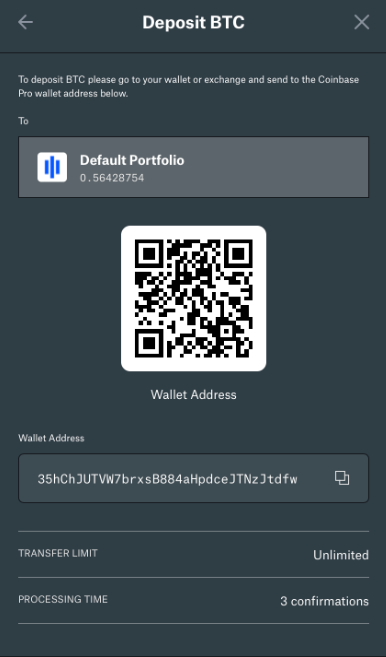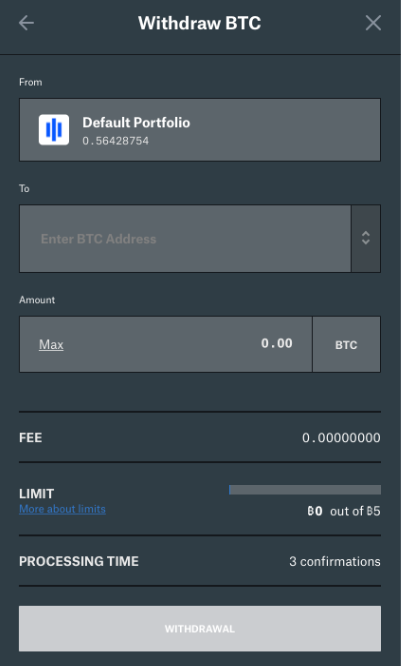
A web-based hot wallet is a wallet that is regularly connected to the internet in some capacity. These wide ranging types of wallets include cryptocurrency exchanges, app-based wallets, browser-based wallets, and more.
Hot wallets allow for fast, easy access to funds at any time for users. But it also makes it a lot easier for hackers to access the funds also. It also leaves funds susceptive to issues with the owner and operator of the web wallet.
Examples of Web-Based Hot Wallets
Most commonly hot wallets exist on cryptocurrency exchanges such as Coinbase, Binance, and countless others. Exodus and BitPay are examples of mobile solutions, while Blockchain.com and MyEtherWallet are browser-based solutions.
How To Use a Web-Based Hot Wallet To Store Cryptocurrency
Buying cryptocurrency at any cryptocurrency exchange immediately will add crypto assets to your hot wallet balance.
Aside from better security due to individual ownership and a lack of direct connection to the internet, among other design features, storing cryptocurrencies on a web-based hot wallet is no different than a cold storage hardware wallet.
Both types of wallets will let users store, send, and receive cryptocurrencies.
How To Use a Web-Based Hot Wallet To Receive Cryptocurrency
Log into or enter your credentials on the wallet of choice. Sign up for a new account if you haven’t already. Navigate to the platform’s wallet or account page.
Look for the cryptocurrency you would like to receive. Select the cryptocurrency, and either copy and paste the supplied address or scan any supplied QR code.

How To Use a Web-Based Hot Wallet To Send Cryptocurrency
Navigate to the platform’s wallet or account page.
Look for the cryptocurrency you would like to send. Select the cryptocurrency you would like to send. Enter an amount to send, confirm the fees, and complete the transaction.
Reminder: Be certain to double check that all address characters are correctly entered, and only send the corresponding cryptocurrency to the correct address. For example, only send Bitcoin to a BTC address. Sending Bitcoin to a Ripple address, for example, could result in loss of funds.













